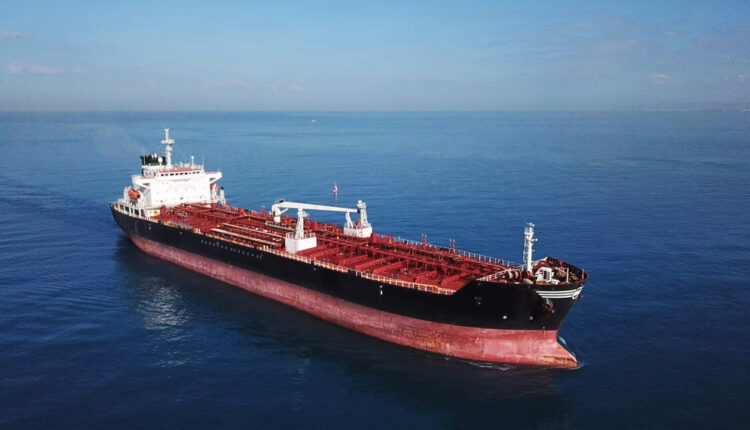As the Middle East plunges deeper into chaos with escalating tensions between Iran and Israel, the ripple effects are already being felt across the globe — and Pakistan is no exception. While most of us are going about our daily routines — filling up our tanks, checking the news, and wondering if petrol prices will jump overnight — the situation behind the scenes is far more intense, and frankly, a little unnerving.
Let’s unpack what’s happening, why it matters, and what’s being done to keep your ride rolling.
What’s OGRA Doing About It?
In light of this volatility, the Oil and Gas Regulatory Authority (OGRA) isn’t waiting around. It has issued a firm directive to all oil marketing companies: keep a minimum of 20 days’ worth of fuel in reserve — no exceptions. This isn’t just bureaucratic panic. It’s a calculated move to ensure that even if supply chains wobble, your daily commute doesn’t.
To add more cushion, Pakistan has also green-lit the immediate import of 140 million litres of petrol, with the first chunk — about 70 million litres — now arriving earlier than scheduled, on June 26 instead of July 6. That’s some swift reshuffling.
Tankers, Delays, & Petrol Price Jumps
Let’s talk shipping. The tankers that carry this fuel are now facing major hurdles. Freight rates have gone up by 15%, meaning that transporting the same oil now costs hundreds of thousands of dollars more. Insurance premiums have jumped too — from $15,000 to $22,000 per trip. All because passing through the Strait of Hormuz has become risky business.
There’s also been GPS interference, causing delays and forcing ships to hold off before entering the strait. Imagine navigating a ship the size of a skyscraper — and your GPS suddenly goes dark. That’s the kind of stuff captains are dealing with right now.
Will Petrol Price Go Up?
Let’s not sugarcoat it — fuel prices are probably going to rise.
Why? Because global oil prices have already spiked by 16%, and Pakistan buys most of its fuel from international markets. The government has made it clear: there will be no cuts to the Petroleum Development Levy (PDL). That means if oil gets more expensive globally, the cost will likely be passed on to us.
Finance officials are keeping close tabs on the situation. In fact, Prime Minister Shehbaz Sharif has set up a high-level committee to monitor fuel prices and stock levels on a day-to-day basis. But ultimately, if things continue to spiral in the Middle East, there’s only so much they can do.
Beyond just petrol stations, this crisis touches everything — from budget deficits to trade balances. Opposition leaders and government ministers alike are expressing serious concern that this could widen Pakistan’s economic gaps. We’re already grappling with debt, and this conflict might just make it harder to keep the economy stable.\
The Bottom Line
Here’s the simple version: Pakistan is preparing for the worst while hoping for the best.
- We’re importing extra fuel — fast.
- We’re stockpiling reserves.
- We’re facing higher shipping and insurance costs.
- And yes, we may see higher fuel prices soon.
But for now, the supply is steady. The tanks aren’t dry. And the officials are alert.
This isn’t just about oil. It’s about resilience. As a nation, we’ve ridden out a lot of storms. And if everyone does their part — from government bodies to shipping crews to the guy filling your tank — we’ll get through this one too.
Stay informed. Stay calm. And maybe don’t wait until your fuel gauge hits ‘E’.


